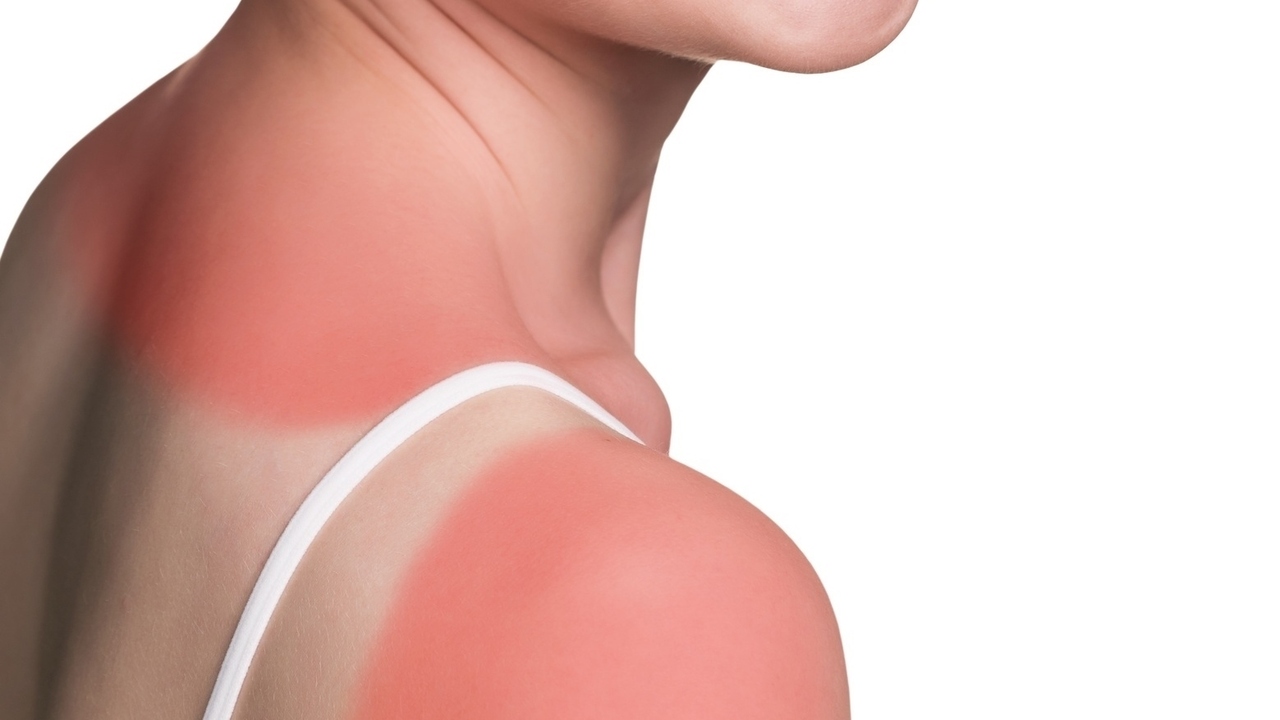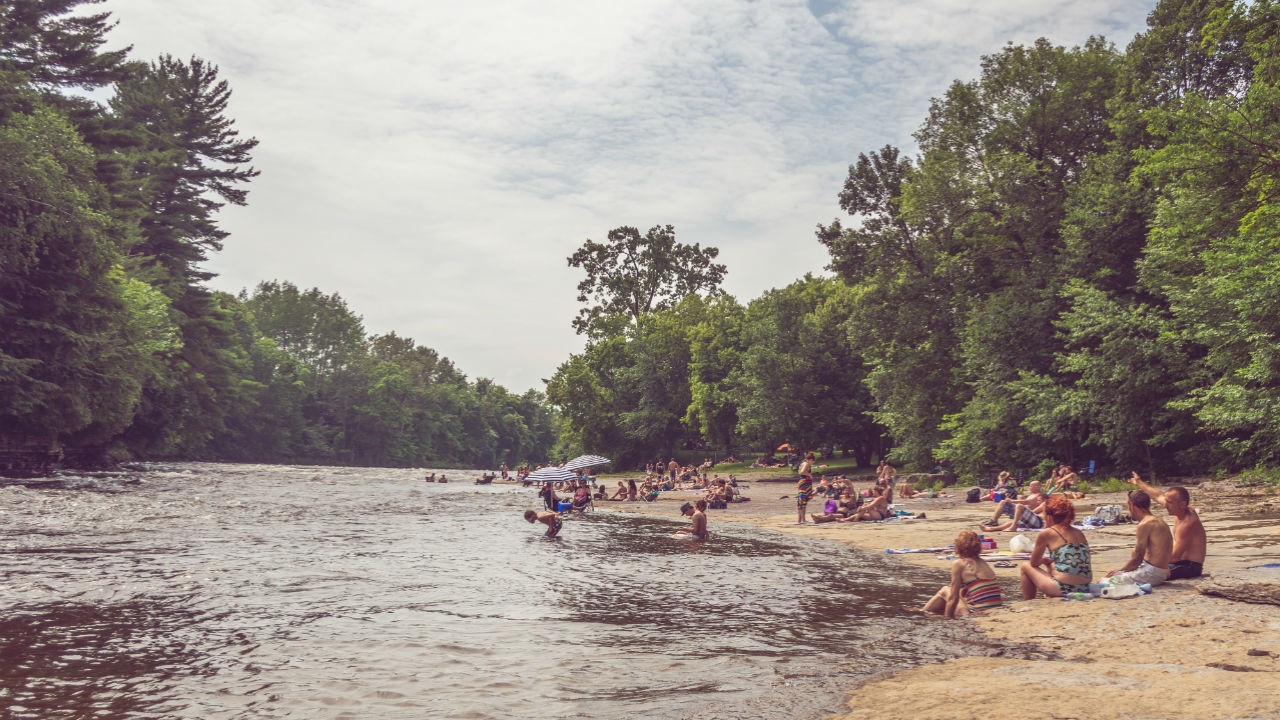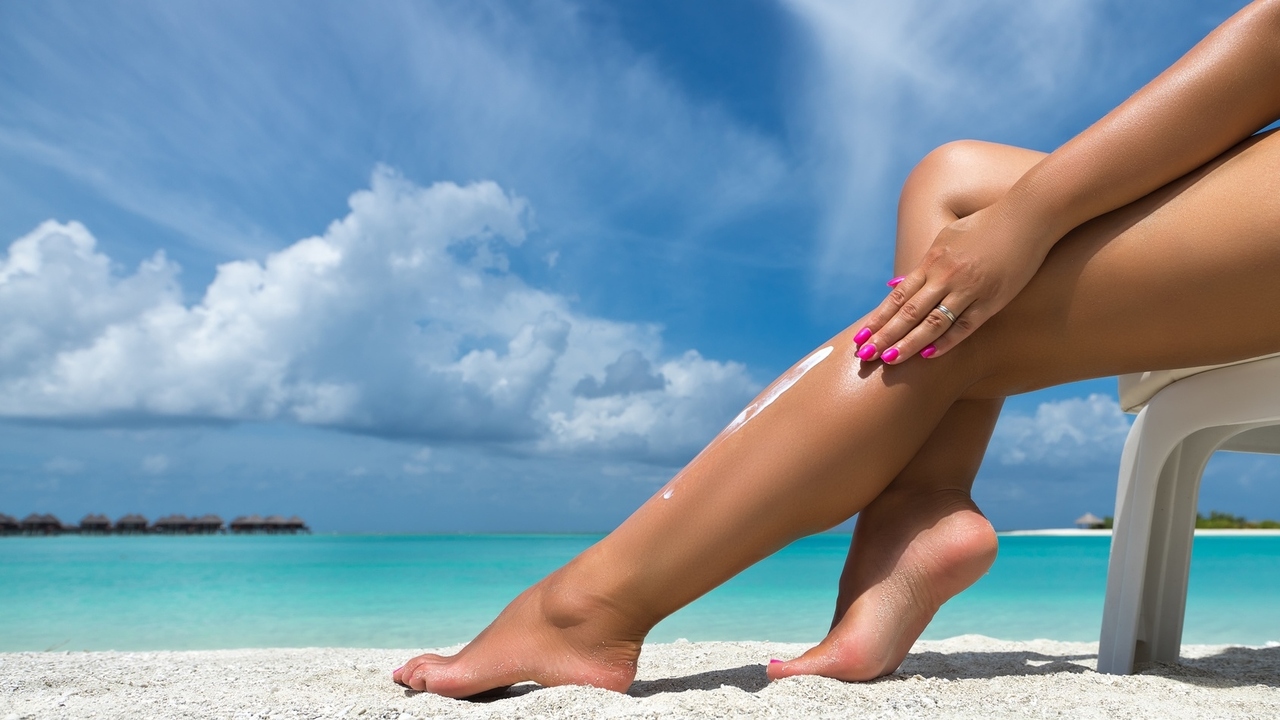 Photo: Getty Images
Photo: Getty Images
SPF stands for sun protection factor, and offers a number that attempts to measure protection from UVB rays. Its numbers range from 1 to 100.
A sunscreen with an SPF of 15, for instance, is expected to filter out about 90 percent of the UVB rays. This means that this SPF is expected to delay burning by 15 times the unprotected rate. So if you would naturally burn within 10 minutes, the sunscreen is expected to keep you from burning for 150 minutes.
That's the theory at any rate.
But people thinking they are fully protected by a sunscreen with high SPF are also liable to spend more time in the sun, and can actually suffer more sun damage than they might otherwise.
It's important to keep in mind that an SPF number on the scale is not an exact indicator of duration for sun protection. Other factors make a difference. Along with the length of exposure, the time of day, location and weather conditions all make a difference.
In 2007, the United States Food and Drug Administration stated that levels higher than SPF 50 can be misleading. Sunscreen can break down, rub off or wash off, leaving its user vulnerable to UV rays. And since high SPF products delay burning of the skin, the users are less aware of when they've reached the point of dangerous UV exposure, particularly of UVA rays which sunscreens do little to deflect.
High SPF sunscreens offer protection from sunburn but not from UVA rays. UVA can cause premature aging of the skin and some cancers.
Some broad-spectrum sunscreens offer UVA and UVB protection but it's uncertain as to just how much UVA will be blocked because there is not a uniform measure of UVA absorption.
Higher SPF sunscreen contain higher amounts of chemicals than lower SPF products. Some of these chemicals are linked to possible hormone disruption and tissue damage.
Some of these chemicals can damage cells and DNA by releasing free radicals, speeding up skin aging, mimicking estrogen and disrupting other hormones, and raising potential risk for skin cancer.
According to the FDA's 2007 sunscreen safety regulations draft, "FDA is not aware of data demonstrating that sunscreen use alone helps prevent skin cancer."
The International Agency for Research on Cancer (IARC) stated that "sunscreens should not be the first choice for skin cancer prevention or used as the sole agent for protection against the sun."
Scientist Philippe Autier of the IARC, cautioned that use of high-SPF sunscreens can actually increase the occurrence of melanoma risk. He recommended that people not rely solely on sunscreen, instead letting their skin adapt to being in the sun and reduce the amount of time out in the sun.
Resources:
Sun Protection and Sunscreens
http://www.medicinenet.com/sun_protection_and_sunscreens/article.htm
Definition of Sun protection factor (SPF)
http://www.medterms.com/script/main/art.asp?articlekey=5590
What is SPF?
http://dermatology.about.com/cs/skincareproducts/a/spf.htm
Sunscreen Safety and Efficacy Called into Question
http://www.naturalnews.com/029110_sunscreen_safety.html
What's wrong with high SPF?
http://www.ewg.org/2010sunscreen/full-report/high-spf-and-other-misleading-claims
Visit Jody's website and blog at http://www.ncubator.ca and http://ncubator.ca/blogger





Add a Comment1 Comments
Good article. Keep in mind also that SPF numbers are based on an average sampling - so if you know you are particularly UV sensitive, you must be that much more dilligent about keeping sunscreen product on your skin.
The best sunscreen active ingredient available in terms of UVA and UVB protection is zinc oxide - it's also the only sunscreen active that's approved for use on children and babies, despite the myriad claims and brands that exist marketed towards children.
A particularly safe sunscreen is Green Screen Organic Sunscreen - exclusively non-nano zinc oxide, and made with only 8 understandable ingredients, the formula is 86% certified organic. It's available in tinted which eliminates the chalkiness of other mineral sunscreens, and provides a matte finish that works great under makeup. Top of the EWG list as well!
May 5, 2011 - 10:17amThis Comment